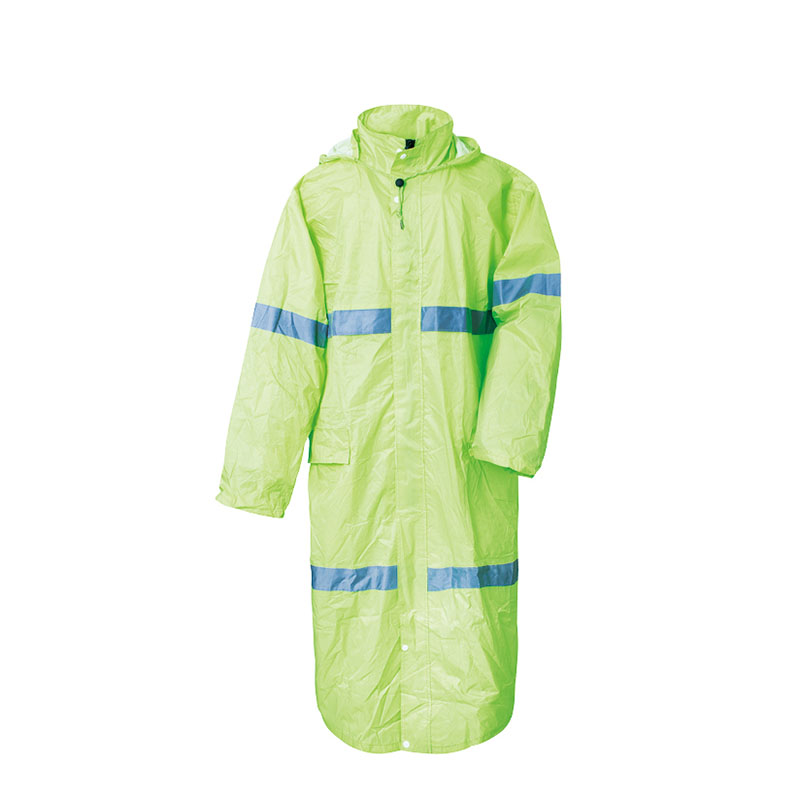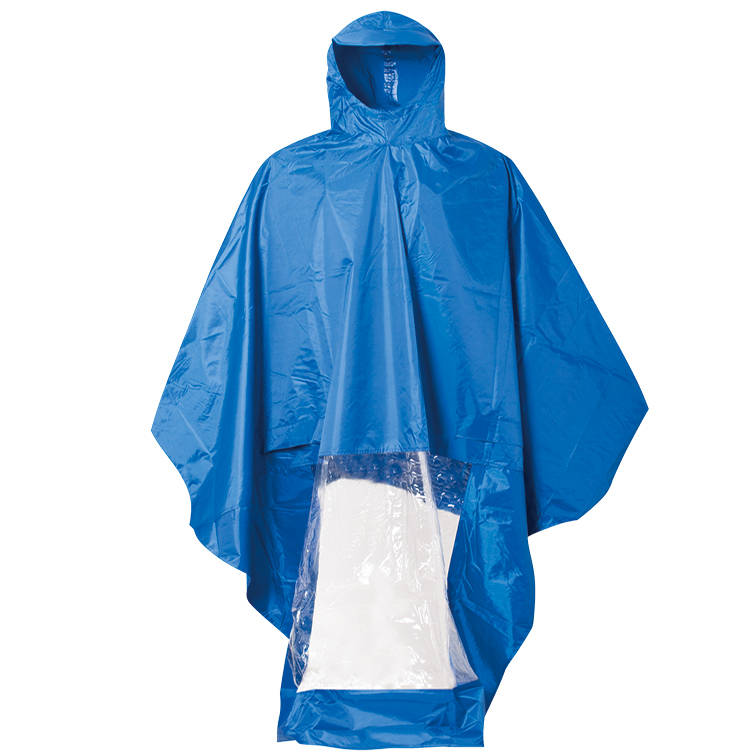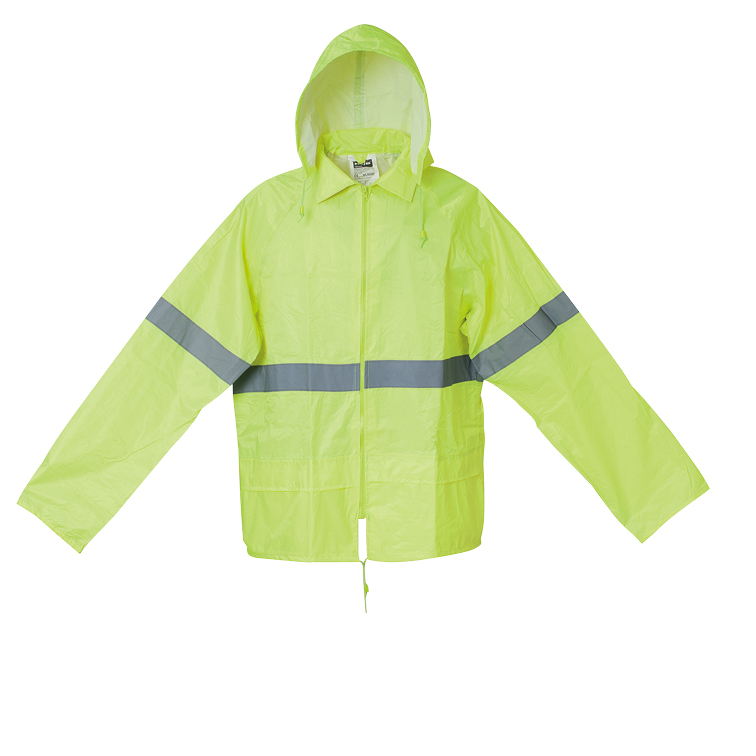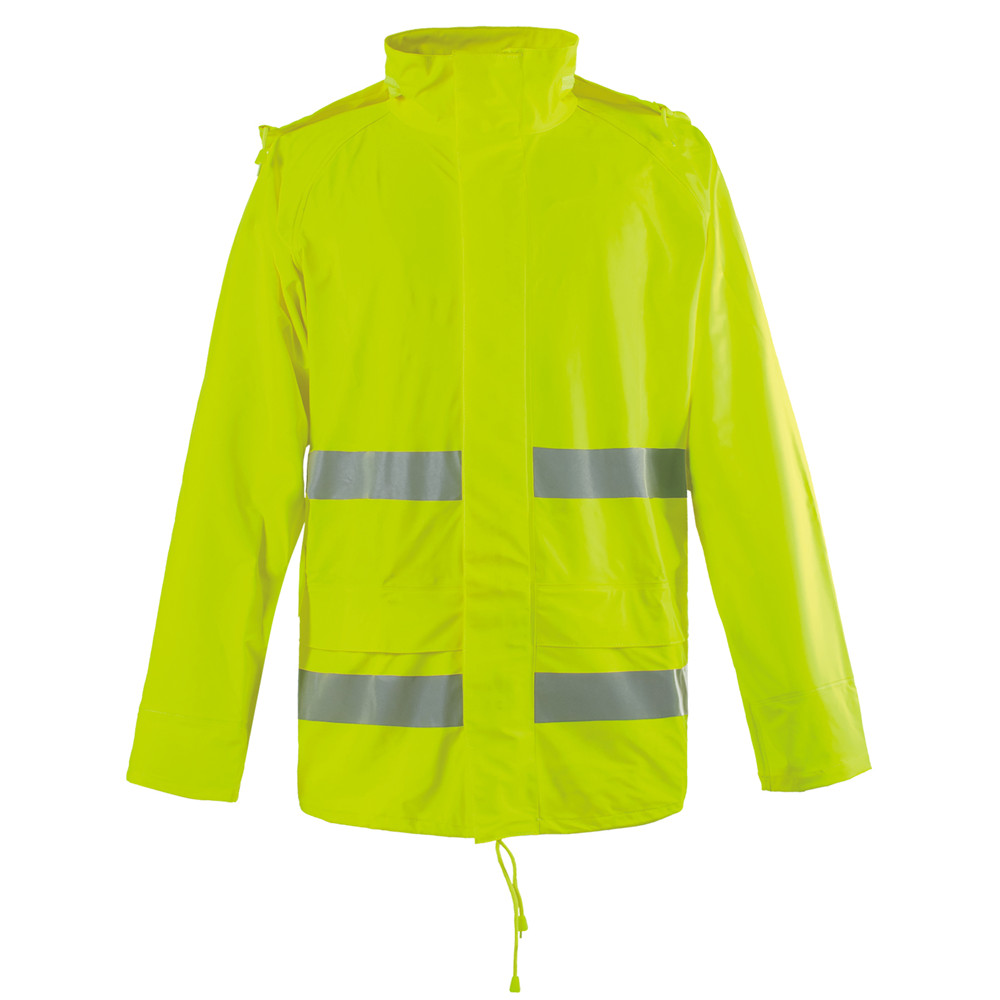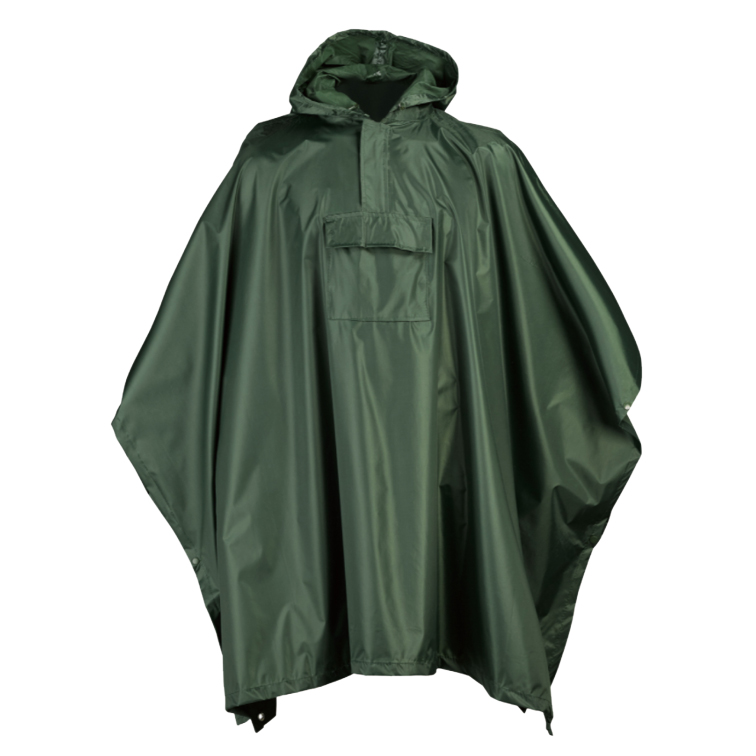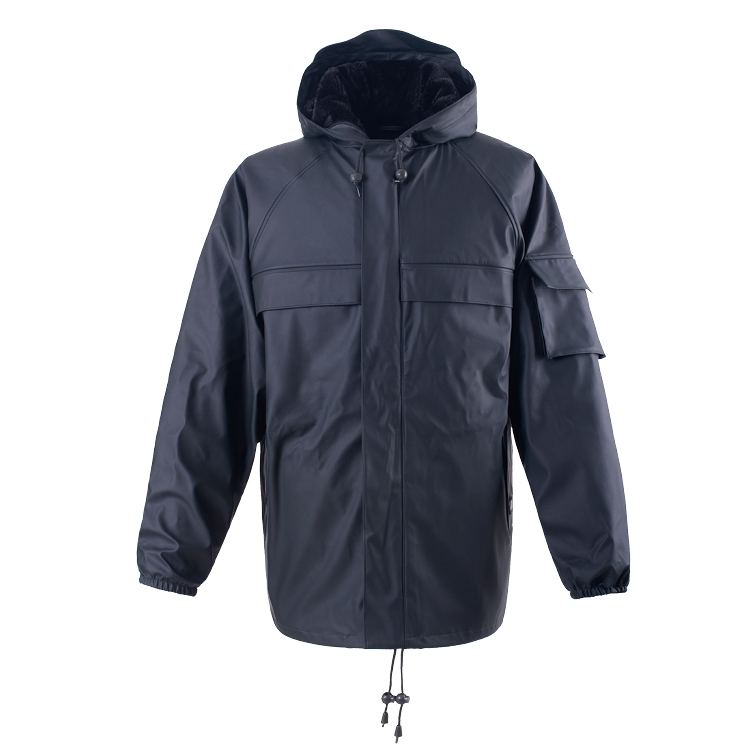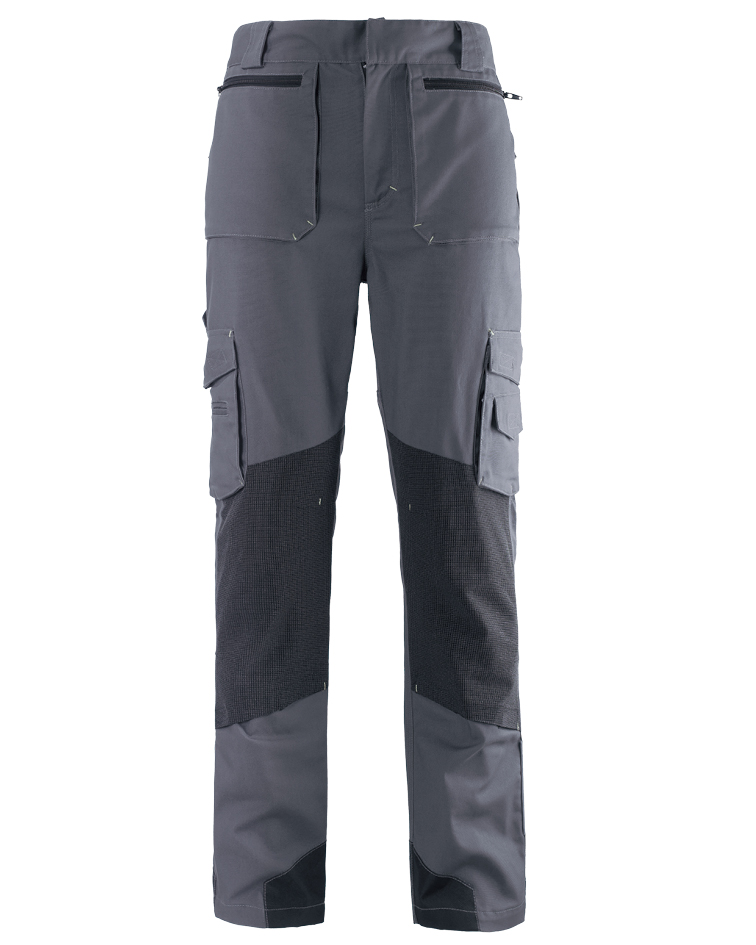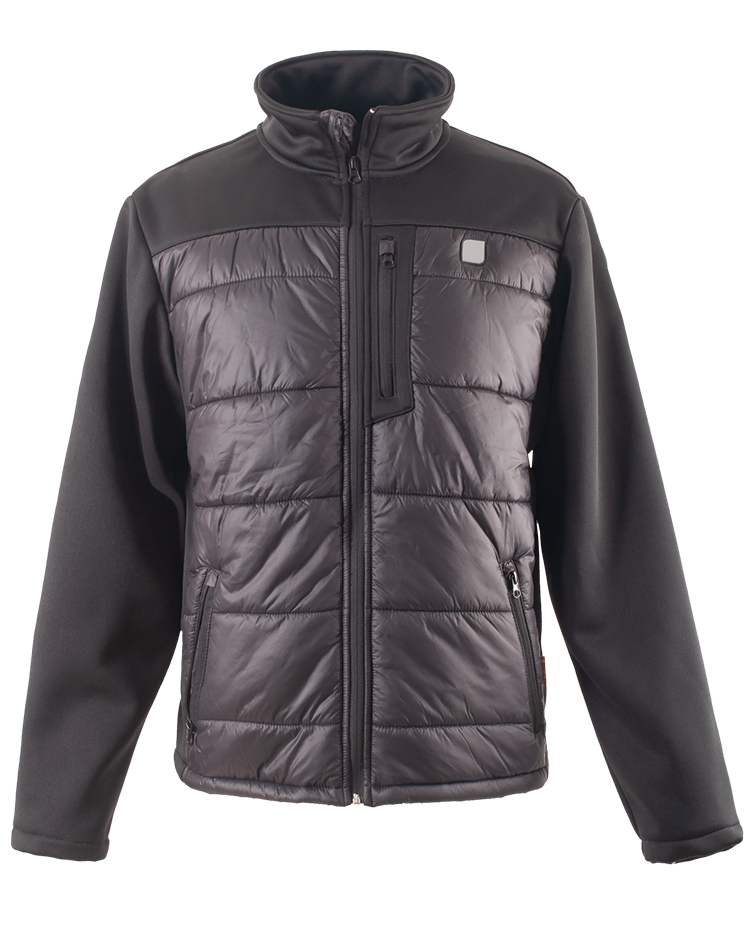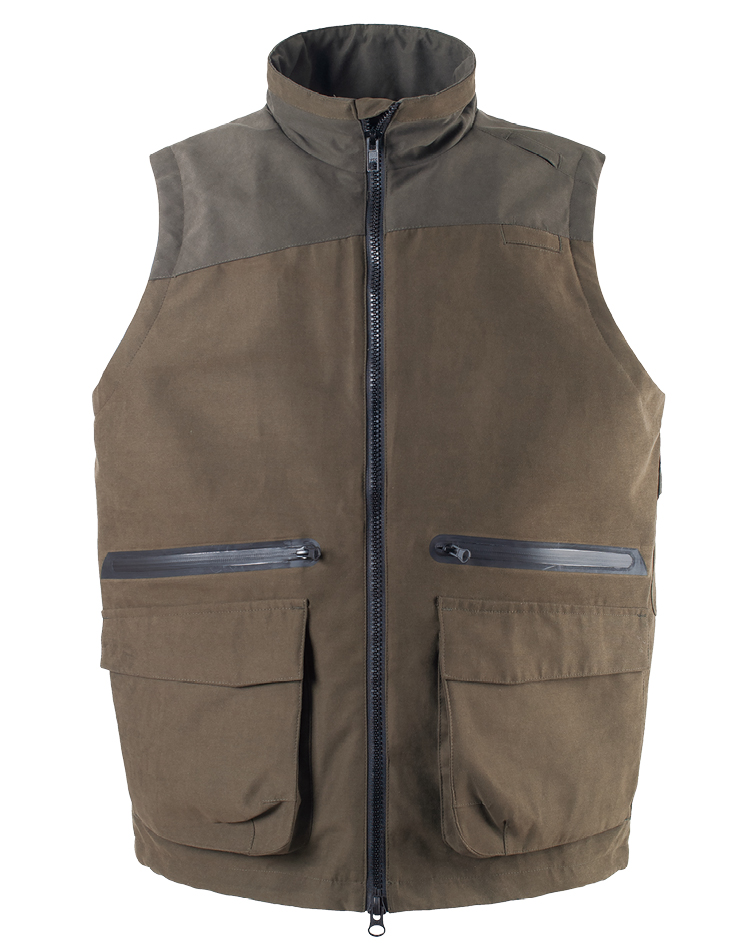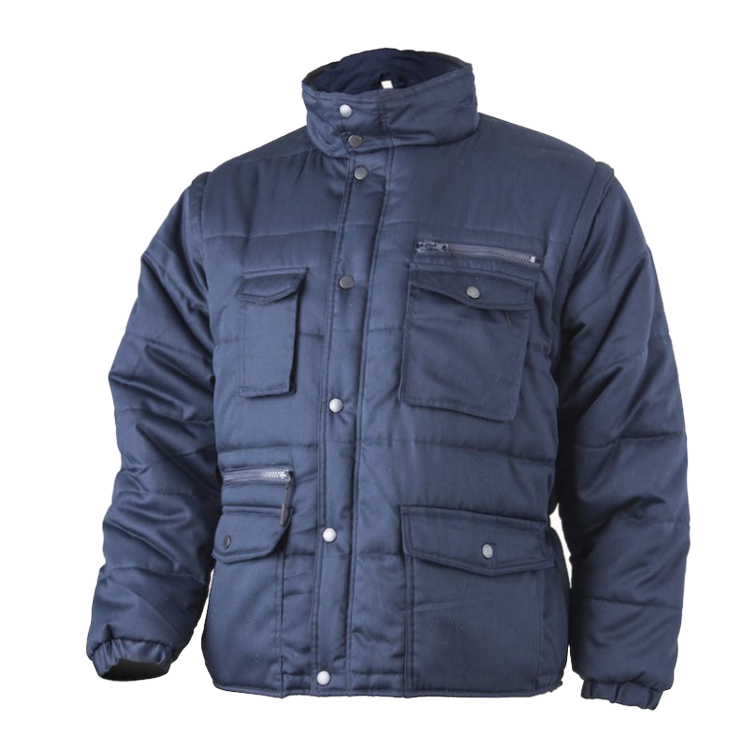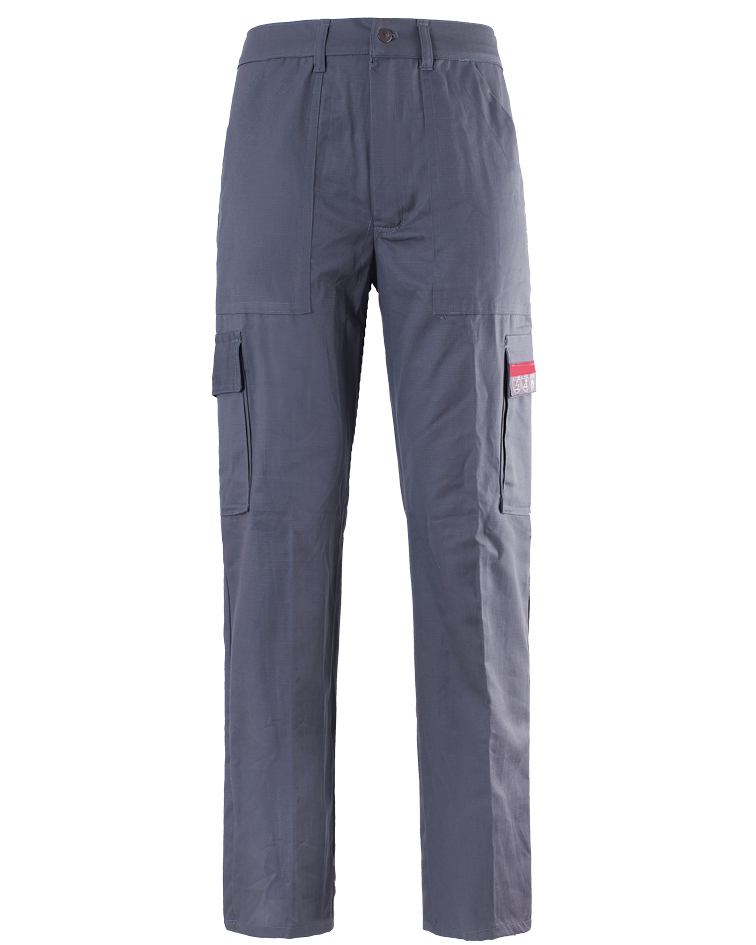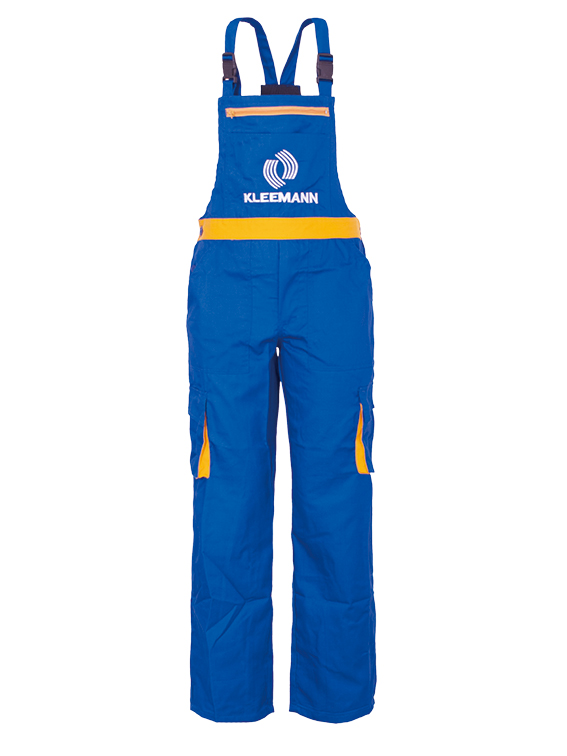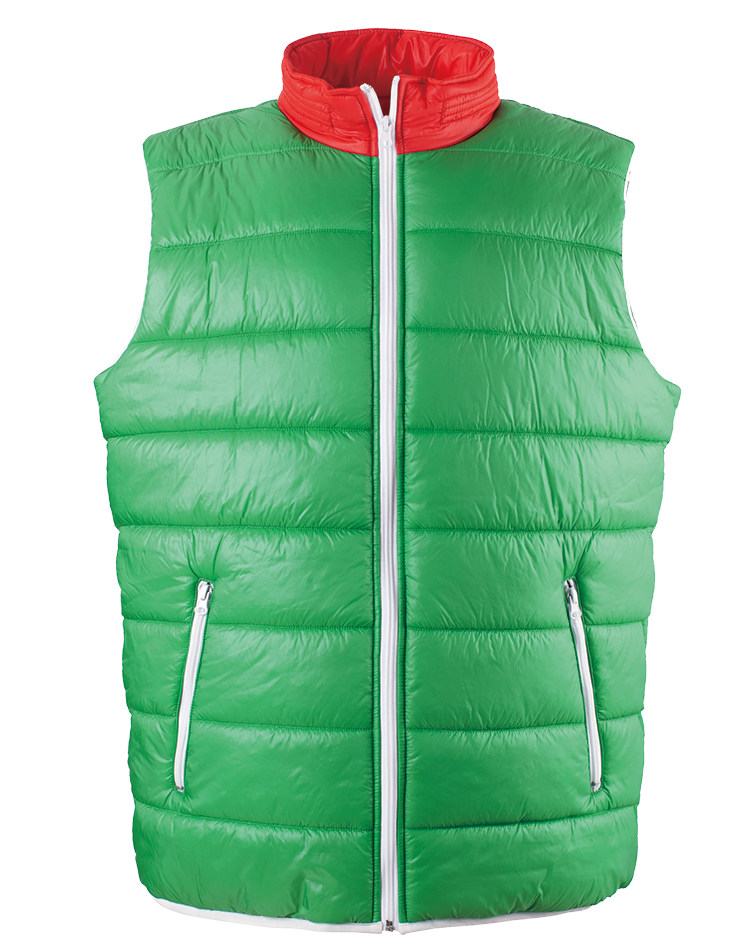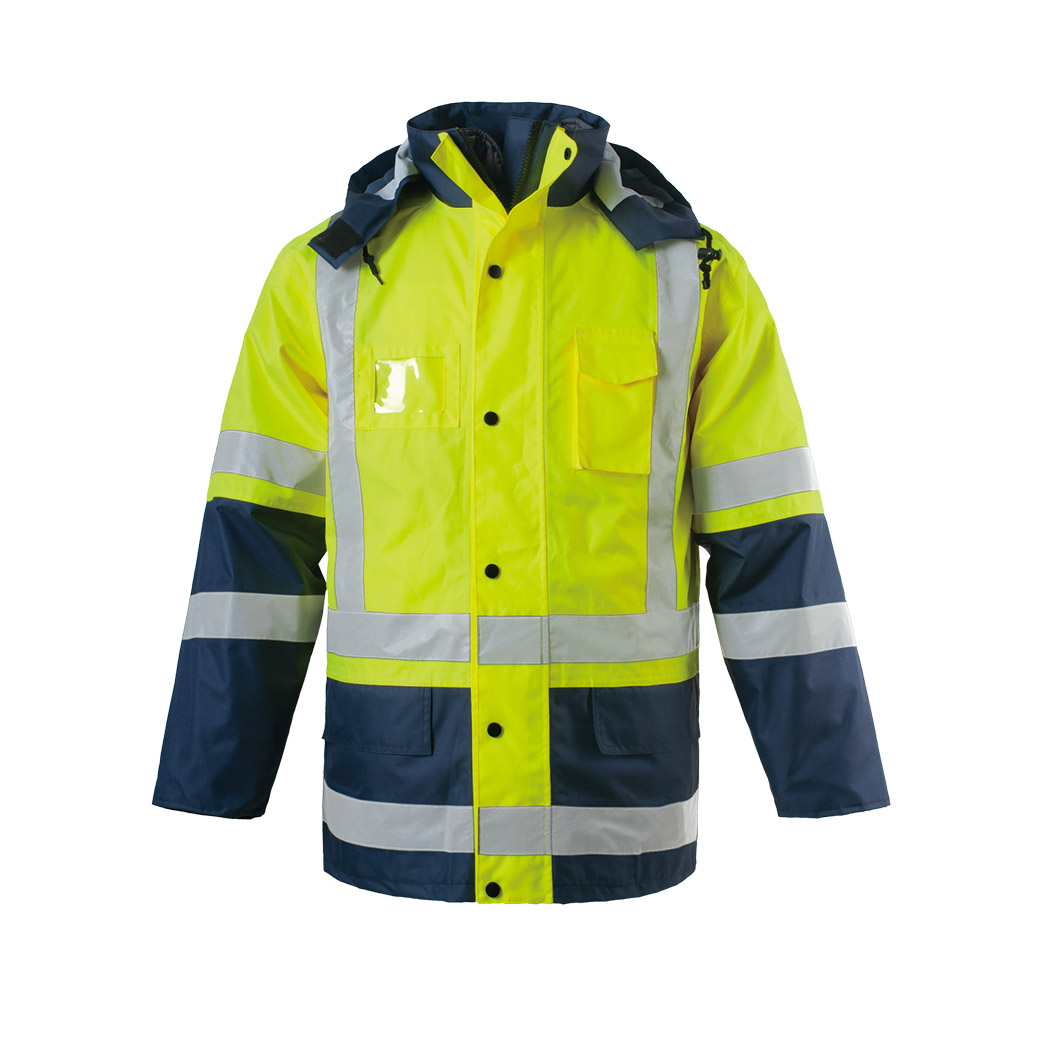Dear customers and friends:
In the dynamic landscape of global textile sourcing, events like the Intertextile Shanghai Home Textiles stand as pivotal platforms, showcasing the cutting edge of manufacturing prowess, innovative materials, and sustainable solutions. While specifically dedicated to home textiles, the underlying technological advancements, supply chain efficiencies, and commitment to quality presented here are profoundly indicative of the broader capabilities of Chinese manufacturers. These capabilities extend their influence across the entire textile and apparel industry – including specialized clothing segments. For B2B decision-makers, this event, and the industry it represents, offers an invaluable lens through which to assess the future of global clothing production, revealing why partnerships with leading Chinese manufacturers are more critical than ever for innovation, scalability, and competitive advantage.
Industry Trend Spotlight: The Evolution of Textile Manufacturing
The global textile industry is undergoing a profound transformation, driven by evolving consumer expectations and an urgent demand for innovation across all product categories. A significant trend gaining global attention is the strong shift towards eco-friendly and organic materials. Buyers are increasingly prioritizing suppliers who can offer transparent sourcing, utilize recycled content, and implement production processes with reduced environmental footprints. This demand isn't confined to any single textile sector; it permeates all categories, from bedding and upholstery to high-performance outerwear and workwear.
Beyond sustainability, there's a burgeoning appetite for multi-functional smart textiles. These aren't just fabrics; they are engineered solutions. We're seeing rapid advancements in materials with antimicrobial properties, temperature-regulating capabilities, moisture-wicking technology, and even integrated electronics for enhanced performance. While often highlighted in home textiles for comfort and hygiene, these innovations are equally transformative for specialized clothing, enhancing wearer comfort, protection, and overall functionality in demanding environments.
Personalized, comfort-driven designs are also reshaping the market. Whether it's custom fits and ergonomic considerations for clothing or bespoke textures and adaptable features for home goods, the industry is moving towards more individualized solutions that cater to specific user needs and preferences. This requires manufacturing flexibility, advanced design capabilities, and a deep understanding of end-user requirements from suppliers.
Market Data: Sustained Growth and Strategic Shifts
The global textile market continues to exhibit steady growth, particularly prominent in the mid-to-high end segments. This expansion is fueled by an increasing consumer awareness of well-being, a greater emphasis on sustainability, and the accelerating trend of smart home integration – trends that have parallel impacts on the demand for higher-quality, more innovative clothing as well. E-commerce and direct-to-consumer (DTC) models are gaining further traction, necessitating agile supply chains and robust digital capabilities from manufacturers.
Emerging focus areas for manufacturers and buyers alike include the comprehensive adoption of sustainable and recycled materials, the integration of smart textile technologies (even for non-home textile applications like performance wear), and the development of efficient, resilient global supply chain management systems. The ability to navigate geopolitical shifts, economic fluctuations, and sudden demand changes is paramount for sustained success in any textile segment.
Profiles of Leading Textile & Clothing Manufacturers
Shijiazhuang Dellee Ming Garments Co., Ltd.
At the forefront of China's dynamic garment manufacturing sector is Shijiazhuang Dellee Ming Garments Co., Ltd. While the Intertextile Shanghai Home Textiles show highlights broad textile innovation, companies like Dellee Ming exemplify the advanced capabilities available to global buyers seeking top-tier clothing manufacturers. They are renowned for their proven large-scale manufacturing capabilities, equipped to handle substantial orders without compromising quality. This capacity for consistent, high-volume production is crucial for B2B partners.
A key differentiator for Dellee Ming is their competitive cost structures, which, combined with exceptional quality control, offer unparalleled value to B2B clients. Their established global export network ensures seamless logistics and timely delivery to diverse international markets. Furthermore, their flexible approach to meeting diverse international client specifications – from intricate design modifications to specific material sourcing and compliance with international standards – positions them as an ideal partner for brands requiring bespoke solutions in high-performance clothing production.
Consider their expertise in producing high-performance garments like the SECURITE PARKA. This product embodies the blend of functional design, durable, often technical, materials, and precision manufacturing that Dellee Ming consistently delivers. It showcases their ability to translate complex design requirements into a finished product that meets rigorous international standards for safety, comfort, and longevity in professional or challenging environments.
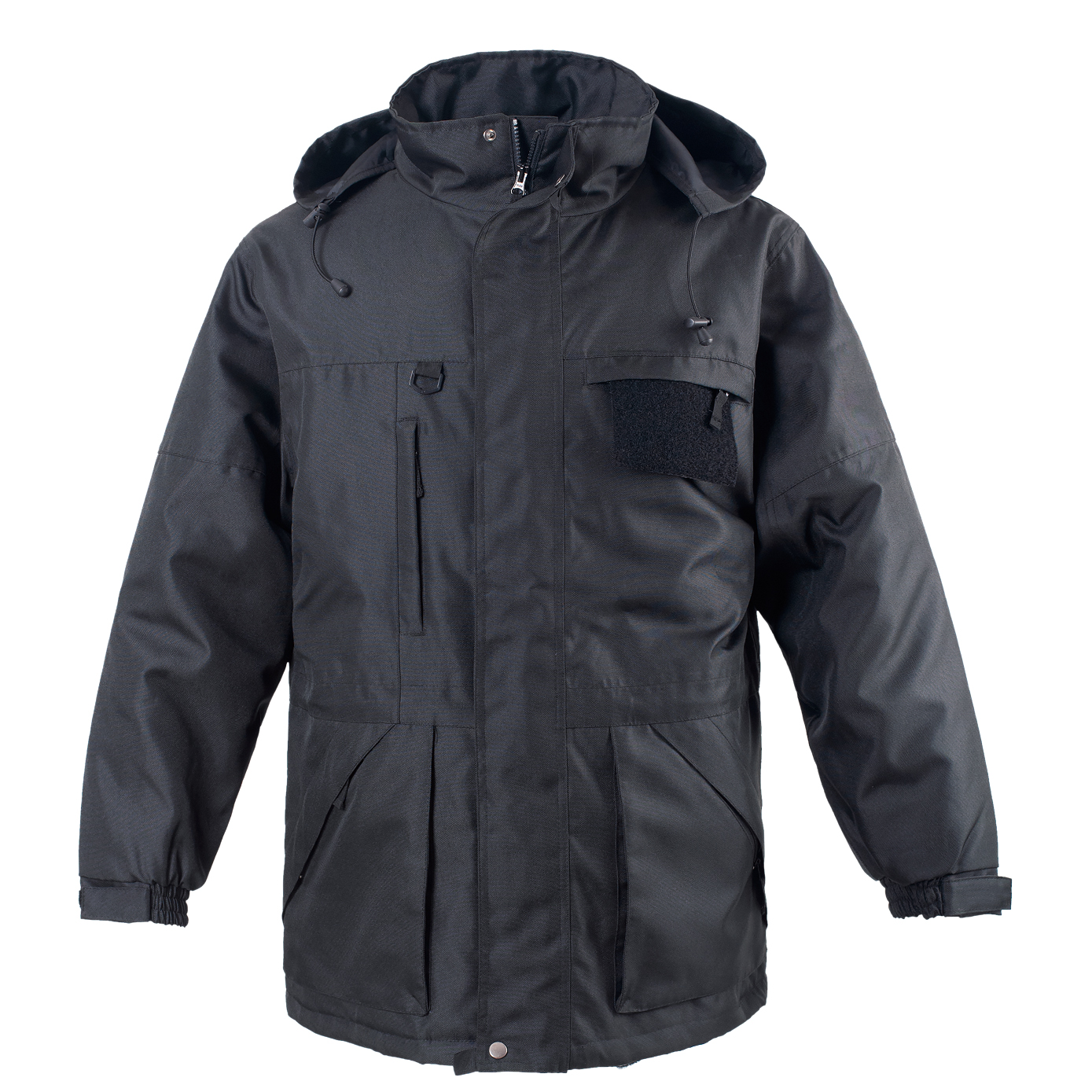
The SECURITE PARKA: A testament to Shijiazhuang Dellee Ming Garments Co., Ltd.'s manufacturing excellence in specialized clothing.
Other Top Textile Industry Players Demonstrating Chinese and Regional Strength:
While Shijiazhuang Dellee Ming Garments Co., Ltd. excels in specialized apparel, the broader strength of China's (and the region's) textile industry is underscored by other leading players, many of whom are prominent at events like Intertextile Shanghai Home Textiles:
- Welspun India: A global leader, particularly in home textiles, showcasing massive integrated manufacturing capabilities and a strong focus on sustainability and innovation. Their scale of operations highlights the potential for large-scale, quality production in the broader Asian textile market.
- Luolai Home Textile: A prominent Chinese brand, exemplary in design, branding, and distribution within the home textile sector. Their success demonstrates the robust domestic market and sophisticated supply chains present in China.
- Trident Group: Another diversified global player with significant presence in both yarn and home textiles, representing advanced manufacturing technologies and commitment to quality. Their expansion reflects the region's competitive edge in textile production.
- Sunvim Group: A leading Chinese enterprise specializing in high-end home textiles, known for its innovation in materials and processes, indicative of the high standards achievable by Chinese manufacturers across various textile applications.
While these companies primarily operate in the home textiles arena, their collective presence and sustained growth underscore the advanced manufacturing infrastructure, skilled workforce, and innovative spirit that characterize the broader Chinese and regional textile industry. This robust ecosystem makes it a compelling hub for all forms of textile production, including specialized clothing and technical garments.
Market Outlook & Opportunities for B2B Buyers
The future of the textile and clothing industry, as illuminated by trends at major events like Intertextile Shanghai, points towards a significant increase in demand for sustainable and technologically advanced products. Buyers are increasingly seeking partners who can offer not just cost-effectiveness but also innovation, adherence to ethical practices, and a clear vision for the future. The upcoming trends indicate a continuous shift towards performance-driven materials, custom manufacturing, and rapid prototyping capabilities across all textile sectors.
Immense opportunities lie in embracing automation and smart manufacturing. Chinese manufacturers are rapidly integrating AI, robotics, and IoT into their production lines, leading to greater efficiency, reduced human error, and enhanced flexibility. This translates into faster lead times, lower costs, and consistent quality for international buyers, which are all crucial factors for competitive clothing markets that demand agility.
Moreover, the emphasis on sustainability will only grow. Partnering with manufacturers committed to circular economy principles, energy efficiency, waste reduction, and responsible sourcing will be a non-negotiable for brands looking to maintain relevance, meet evolving consumer expectations, and comply with stricter global regulations.
Buyer/Business Takeaways: Investing in Chinese Clothing Manufacturing
For B2B decision-makers, investing in partnerships with Chinese clothing manufacturers makes strategic sense for several compelling reasons. China’s extensive industrial ecosystem provides access to a vast network of raw material suppliers, specialized machinery, and skilled labor, creating a highly efficient production environment unparalleled in scale and capability.
- Leverage Expertise: Chinese manufacturers, particularly those like Shijiazhuang Dellee Ming Garments Co., Ltd., possess decades of experience in large-scale, high-quality production, capable of delivering complex garments such as the specialized SECURITE PARKA. Their expertise minimizes production risks and ensures product integrity from concept to delivery.
- Adopt Future-Proof Strategies: Actively seek manufacturers who are already integrating sustainable practices, advanced material science, and smart manufacturing technologies into their operations. This approach future-proofs your supply chain against evolving regulations and shifting consumer demands.
- Prioritize Flexibility and Communication: Look for partners who offer flexible minimum order quantities (MOQs), rapid prototyping capabilities, and clear, consistent communication channels. This is vital for navigating fast-paced market changes and custom project requirements.
- Verify Compliance and Ethics: Ensure your chosen manufacturer adheres to international labor standards, environmental regulations, and relevant quality certifications (e.g., ISO, Oeko-Tex). This protects your brand reputation and ensures ethical sourcing throughout the supply chain.
- Beyond Cost: While competitive pricing is a given from Chinese manufacturers, focus on the total value proposition – including innovation capabilities, reliability, quality consistency, comprehensive service, and long-term partnership potential.
Partnering effectively means understanding the nuances of the Chinese manufacturing landscape and aligning with partners whose vision for quality, innovation, and sustainability matches your own strategic objectives.
Conclusion: Navigating the Future of Global Sourcing
The Intertextile Shanghai Home Textiles exhibition, while specifically focused on its niche, serves as a powerful testament to China's overarching strength in textile innovation and manufacturing. It highlights the technological prowess, sustainability commitments, and market responsiveness that define the country's textile sector, impacting everything from home furnishings to advanced protective clothing. For B2B buyers looking to source high-quality clothing, the robust infrastructure and experienced manufacturers within China offer an unparalleled opportunity to forge strategic partnerships that drive growth and innovation.
To explore how cutting-edge manufacturing capabilities can elevate your product line, particularly for specialized garments like the SECURITE PARKA, we invite you to learn more about Shijiazhuang Dellee Ming Garments Co., Ltd. and their commitment to excellence.
Partner with expertise, embrace innovation, and secure your competitive edge in the global clothing market.
Post time: Nov . 10, 2025 11:25

